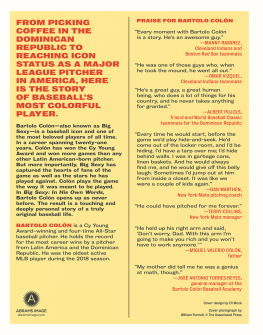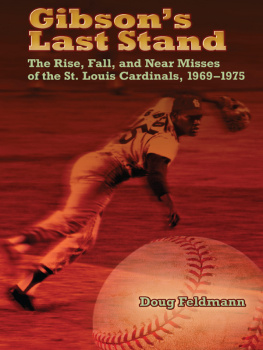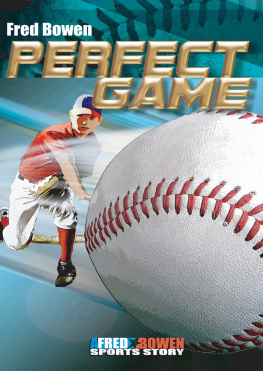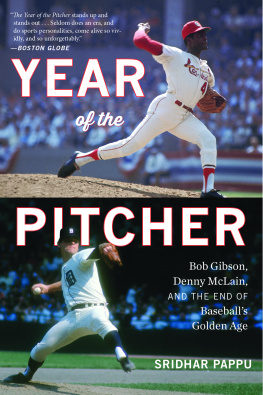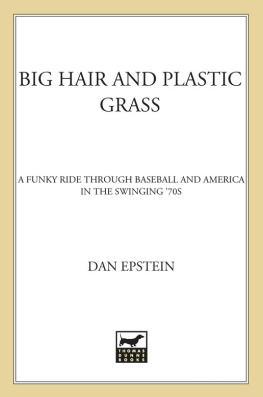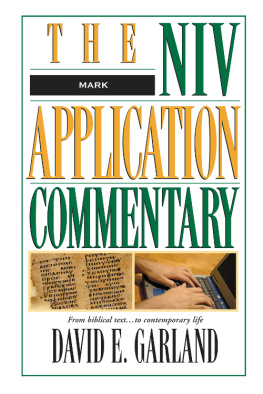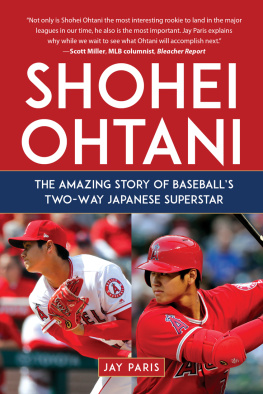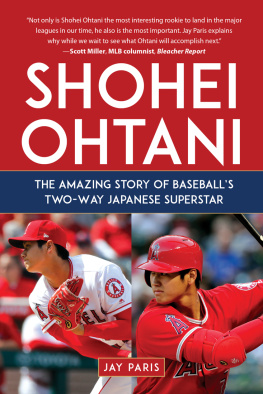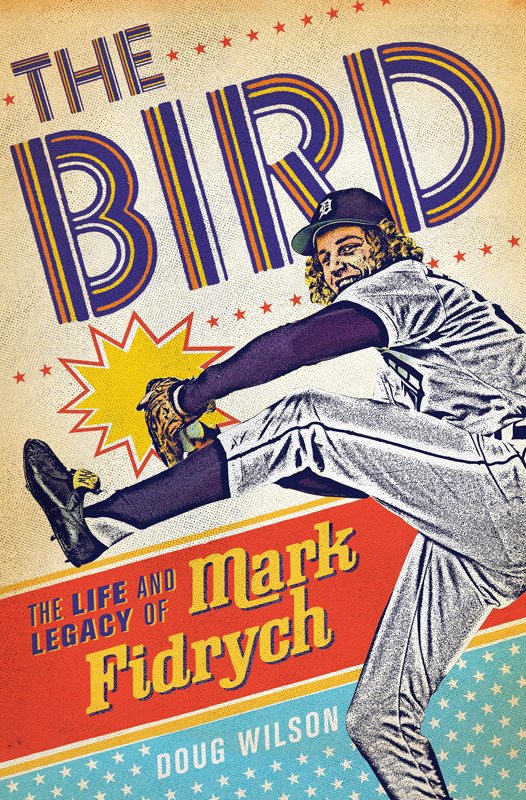
The author and publisher have provided this e-book to you for your personal use only. You may not make this e-book publicly available in any way. Copyright infringement is against the law. If you believe the copy of this e-book you are reading infringes on the authors copyright, please notify the publisher at: http://us.macmillan.com/content.aspx?publisher=macmillansite&id=25699.
Dedicated to the little boy who loves baseball inside all of us
Contents
Prologue
They had never seen anything like it. For a month stories had been leaking out of Detroit of a curious phenomenona twenty-one-year-old rookie pitcher, who seemingly came out of nowhere, who was as wildly popular and flaky as he was talented. He not only filled stadiums and won games, he manicured the mound on his hands and knees and talked to the ball before pitching. His name was Mark Fidrych, but he was known as The Bird because he looked like Big Bird, that large, yellow, curly headed Muppet that was all the rage at the time on the kids show Sesame Street .
Baseball in 1976 was in dire straights. The reserve clause had been struck down and the Pandoras Box of free agency had been opened. A large number of players were openly talking of playing out their options at the end of the season and defectingabandoning their teams for the highest bidder. The owners had locked out the players in spring training due to squabbles over the player agreement contract. Fans, disheartened by the greed that had taken over the game, were sick of hearing about lawyers, agents, and astronomical salaries.
In the seventies, baseball fans got to see two, and only two, nationally televised games each week: the traditional NBC Saturday afternoon Game of the Week and the newer Monday Night Baseball on ABC. There was no cable; no ESPN. That was ittwo games a week. And everybody watched them. Some smart network guy decided that the late-June matchup in Detroit between the division-leading Yankees and the Tigers would be a good game to put on. This young Bird guy was scheduled to pitch; might be interesting television. Interesting television indeed. That night the country was treated to nothing short of a cultural iconoclastic event. Witnesses would forever remember it as part of the timesthe baseball equivalent of the Beatles on the Ed Sullivan Show .
The powerful Yankees would go to the World Series that October for the first of three consecutive years, but on this night, they were merely straight men: Washington Generals to The Birds Globetrotters. The 18 million viewers across the country were treated to The Birds full array of antics. They saw him hopping excitedly out of the dugout to congratulate teammate Rusty Staub after a first-inning home run. They saw him sprinting on and off the field between innings, like he couldnt wait to get there, then couldnt wait to get back and tell everyone how much fun he had. They saw him rush over to shake hands with fielders after routine plays. Twice the cameras showed him patting down the mound, carefully arranging the dirt. Thats not a member of the Detroit ground crew you see, said announcer Warner Wolf the first time. Thats Mark Fidrych.
The Birds exuberance and joy were plainly evident. This guy was actually enjoying himselfhaving fun playing baseball, like we all used to when we were kids. And, whats more, the camera repeatedly caught him between pitches, standing on the mound, his hands together with the ball in his glove held out in front of his facewith his lips moving. He was talking. Talking to the ball. The total package was just too much. The unexpected pleasure of it all mesmerized both the television audience at home and the announcers in the booth, and they were swept up in the emotion of the night as it built to the finish.
When the Yankees came to the plate in the top of the ninth, down 5-1 with The Bird still on the mound, the fans were delirious. The atmosphere was electric. Ive seen a lot of ball games played and Ive caught a few, said announcer Bob Prince, but I dont think Ive ever seen a pitcher this keyed up in the ninth inning of a ball game, or all through the ball game. Youd think this guy would be running out of gas by now, but he is just starting to heat it up.
Hes giving me duck bumps, added Wolf.
With the fans on their feet, screaming, Lets go Mark, the kid mowed down the Yankees in the final inning. After the last out, an easy ground ball to second, Fidrych ran all over the field, shaking his teammates hands. He grabbed the umpires hand and pumped it. Who shakes hands with an umpire? And the Tigers act like Fidrych has just won the seventh game of the World Series, the announcer intoned.
And then, the most remarkable thing of the whole evening occurred: nobody went home. Even after the players had filed through the dugout into the clubhouse and the field was empty, nobody went home. The fans remained standing, screaming, We want The Bird! We want The Bird! Five, ten minutes after the game had ended, the camera panned through the stadium, and it was still completely filled with standing, screaming fans. In 1976, the curtain call was not in vogue in baseballbut it was about to make a dramatic comeback.
Fidrych was pushed out of the dugout by his teammates and the stadium exploded. He stood in his socks, shrugging, smiling, and flapping his arms. He waved to the crowd, tipped his cap, and then covered his head with both hands like an embarrassed third grader who has just realized everyone is looking at him. With incredible, unmistakable joy on his face, he shook hands with his teammates and tried to get them to come out with him, but they stayed in the dugout, understanding that the moment belonged to Mark. He leaned over the roof of the dugout and shook hands with fans. He shook hands with the cop standing next to the dugout. Who shakes hands with a cop? Announcer Bob Uecker grabbed the kid for an interview and introduced him to the nation. Marks face glowed. He radiated enthusiasm and happiness. As he talked about the game he sounded like a ten-year-old describing his first trip to Disney World. Youve got a home here, said Uecker nodding to the fans who were still cheering madly. I love it, the kid gushed. And the best part of it all was that it was real. It wasnt an act.
This one evening would ignite an unprecedented frenzy that would play out over the next three months. The nation would fall in love with The Birds enthusiasm, spontaneity, genuineness, celebrated goofiness, and the fact that he was happy doing it all for the major league minimum of $16,500 a year. Fans and the media simply would not be able to get enough of him. He would achieve a level of cross-over popularity that has not been approached by a baseball player since. He would appear on the covers of Sport , Sports Illustrated , Baseball Digest , the Sporting News , the New York Times Saturday magazine, Parade magazine, and would become the first athlete ever to grace the cover of Rolling Stone. He would be the starting pitcher in the All-Star Game and dominate the media coverage of that event like few ever had before. He would bring almost a million people to stadiums around the country in his twenty-nine starts that season and, more importantly, would cause millions more, young and old, to become baseball fans. He would be held up as an example of all that was right with baseball, the savior of the game, the answer to the greed that had threatened the national pastime. A rival manager would state, Babe Ruth never created this much attention on his best day, and no one would doubt him. The commissioner of baseball would coin the term The Mark Fidrych Syndrome as a symbol of hope for future generations of baseball fans. In his meteoric streak across the consciousness of America, Mark The Bird Fidrych would become as much of a 1970s pop cultural icon as Evil Knievel, Saturday Night Fever , Jaws , The Six Million Dollar Man , and, dare we say it, Fonzie before he jumped the shark.


